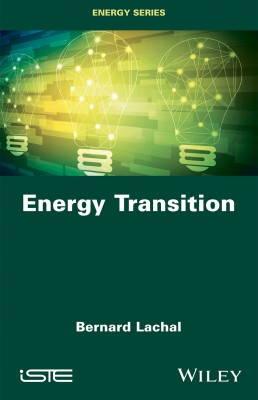
Although most people are aware of the value of developing new energy technologies, the importance of assessing such technologies is only just beginning to be recognized in full.
This book, illustrated by real-life examples, fulfills two main objectives. Firstly, it provides an in-depth summary of energy system evaluation methods, the result of decades of work in this area, for the use of researchers, engineers and anybody else interested in the energy sector. Secondly, the vicious cycle of neglect towards in situ evaluation is broken. This neglect is due to its injust reputation for being “thankless work”: longwinded, expensive, difficult to exploit and undervalued.
By scientifically organizing experience acquired over more than 30 years, Energy Transition highlights the considerable usefulness of the approach, not only economically, but also from a human standpoint.
Part 1. The Context of Case Study Feedback (CSF)
1. Energy Transition.
2. Energy Systems and Technological Systems.
3. The Innovation Process.
4. Case Study Feedback, the Basis of Learning by Using.
Part 2. CSF Tools: Operation and Envisaged Uses
5. The Human Context.
6. The Energy Context and the Sankey Diagram.
7. From System to Experimental Concept.
8. Data Observation and Global Indicators.
9. Input/Output and Signature Relationships: the Operation in Use.
10. Modeling.
11. Conducting the Evaluation.
Part 3. The Practice of CSF
12. Challenges of Innovation: Summer Overheating in an Administrative Building.
13. Audits or Implementation of Knowledge: Transformation of Vale?re Castle to a Museum.
14. CSF to Evaluate and Improve the Appropriation of Innovation: the Case of Buildings.
Part 4. Towards Involved Research?
15. CSF and Learning Through Use.
16. CSF, Energy Transition and Involved Research.
Bernard Lachal is a former Professor of the University of Geneva’s Faculty of Science, where he led the "Energy Systems" group for over 20 years. His research focuses on the observation and improvement of practices in the energy systems field.